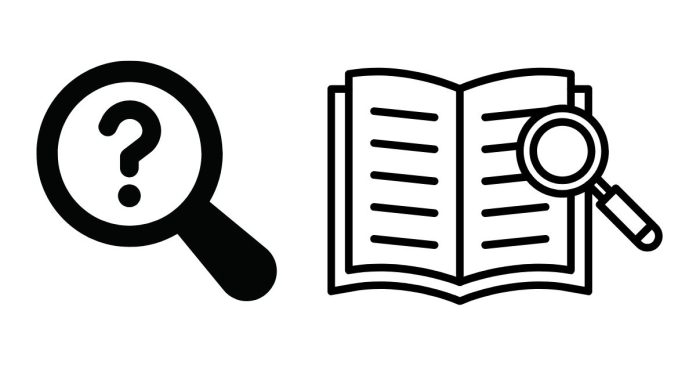A word that could also mean its opposite is called a contronym, auto-antonym, or Janus word. These words have multiple definitions, where one meaning is the opposite of the other, depending on the context.
Examples of Contronyms:
- Dust
- To remove dust: She dusted the shelves to clean them.
- To add dust (e.g., powder): He dusted the cake with sugar.
- Cleave
- To split apart: The axe cleaved the wood in two.
- To stick closely to: She cleaved to her principles.
- Fast
- To move quickly: The horse ran fast across the field.
- To be firmly fixed or unmoving: The nail was fast in the wall.
- Bolt
- To secure or lock: They bolted the door shut.
- To run away suddenly: The dog bolted out the gate.
- Oversight
- Supervision or careful management: The project was completed under her oversight.
- A failure to notice something: The mistake was due to an oversight.
- Sanction
- To approve or permit: The government sanctioned the trade deal.
- To penalize or punish: The country faced sanctions for its actions.
- Bound
- To be tied or restricted: The prisoner was bound in chains.
- To move freely with leaps: The rabbit bounded across the field.
- Screen
- To show or display: The film was screened at the festival.
- To hide or shield: They screened the garden from view with hedges.
- Left
- Remaining: Only a few pieces of cake are left.
- Departed: She left the room early.
- Weather
- To endure or withstand: The ship weathered the storm.
- To erode or wear away: The rocks were weathered by the wind.
Why Contronyms Exist
Contronyms often arise because of:
- Language evolution: Words gain new meanings over time.
- Borrowing from different contexts: A word’s meaning can shift depending on its usage in specialized fields.
- Polysemy: The inherent flexibility of words to adopt multiple meanings.
These words highlight the richness and complexity of language, where context plays a critical role in understanding!


